
How to Help Seniors & Adults with Special Needs Keep Their Days Calm, Clear, and Completely Their Own
At Patient Care Of Houston we’re not nurses—we’re the extra pair of hands that turns chaotic Tuesdays into “I’ve-got-this” Tuesdays. Below are the exact tools our caregivers use in clients’ homes every day (and that family caregivers can copy tonight) to keep life running on time without running anyone ragged.
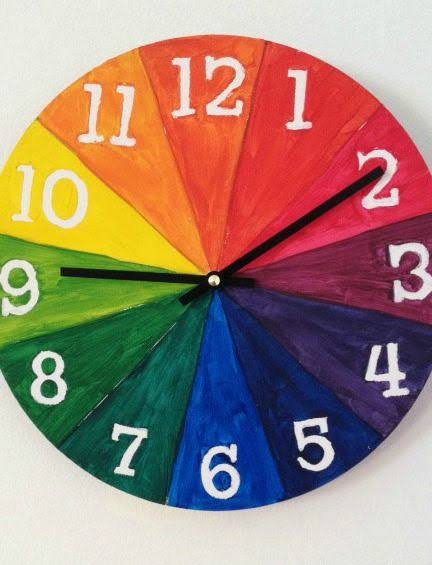
- The 3-Color Clock Trick
Problem: Mom loses track of morning vs. afternoon.
Solution: Buy a $12 wall clock with colored wedges.
- Yellow 6 a.m.–12 p.m. = “Morning routine”
- Green 12 p.m.–5 p.m. = “Out & about”
- Blue 5 p.m.–9 p.m. = “Wind-down”
One glance tells her which part of the day she’s in; fewer repeated questions, less anxiety.
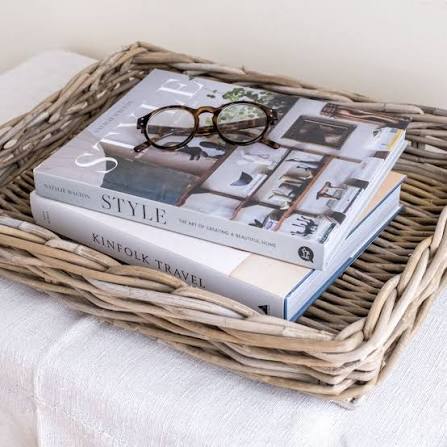
- The “Done” Basket
A small wicker tray on the coffee table. When the mail arrives, magazines go straight into the basket—never scattered on the sofa. At 4 p.m. the caregiver quickly sorts “keep/shred/recycle.” Visual clutter disappears before dinner.

- Command Center at Eye-Level
Forget the fridge—seniors with stiff necks can’t read high notes. We mount a corkboard 48 inches high beside the kitchen table and pin:
• This-week calendar (large 18-point font)
• Emergency numbers in 36-point font
• A vertical pill pouch strip (non-medical reminder only: “Tuesday breakfast pouch taken?” check-box)
Everything is readable while seated.
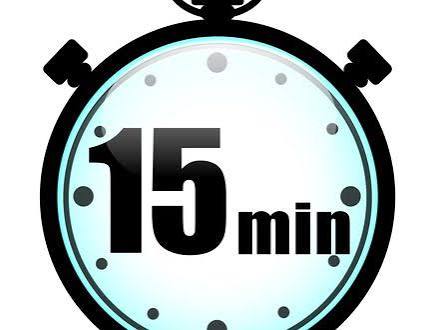
- The 15-Minute Buffer Rule
Adults with special needs often need transition time. We schedule every activity with a built-in 15-minute cushion:
• 9:45 a.m. – “Shoes & coat transition”
• 10:00 a.m. – Bus departs
No rushing, no meltdowns, no slip-disk moments on icy steps.
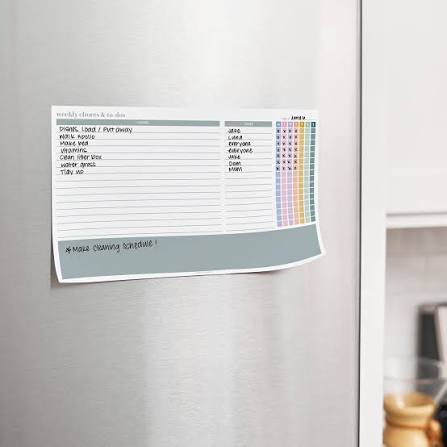
- Chore Blocks, Not To-Do Lists
Long lists overwhelm. Instead we divide the day into 30-minute color blocks on a whiteboard:
• Purple block: fold laundry (together)
• Orange block: water plants
• Pink block: video call grandson
When the block ends, the task stops—even if unfinished. This keeps perfectionism from stealing the afternoon.
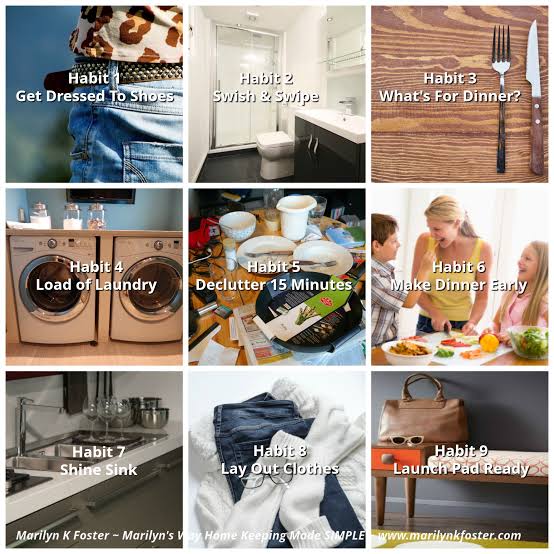
- The Night-Before Launch Pad
A shoebox lid by the front door holds:
• Next day’s outfit (folded vertically like file folders)
• Bus pass or appointment card
• Keys in a bright yellow bowl
Morning searches drop by 80 %.

- Digital Guardrails (for families who Zoom)
We set up Amazon Echo or Google Home to:
• Announce the day & weather at 8 a.m. (temporal orientation)
• Give a 10-minute warning before caregiver leaves (“Gentle Horizons departure in 10 minutes”)
• Play the same playlist every bath night—music becomes the cue, not nagging.
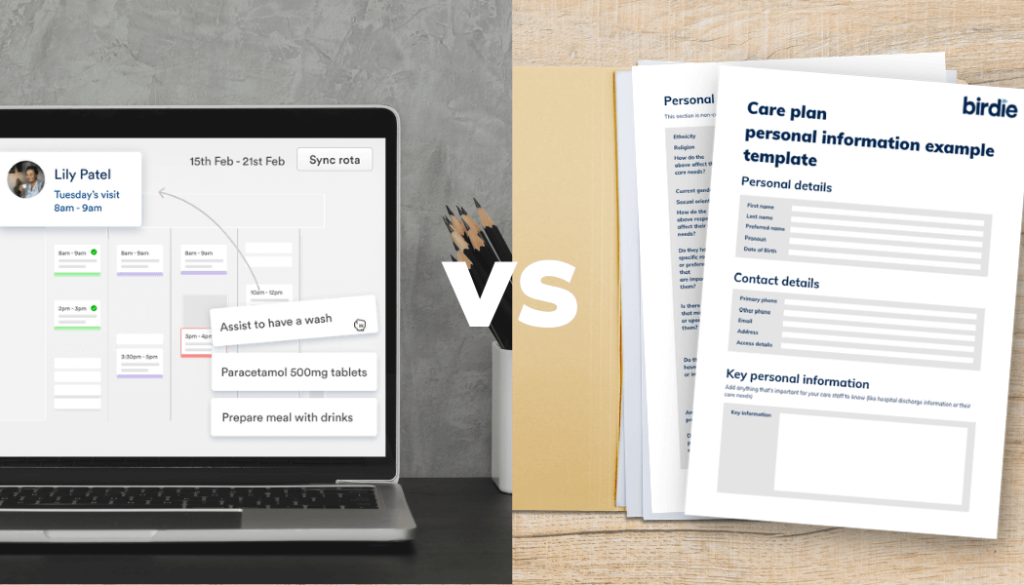
- Paper vs. Pixel—Let the Client Choose
Some seniors love apps; others fear them. We offer both:
• Large-print binder calendar on the kitchen table
• Identical Google Calendar shared with adult children
Updates are mirrored every Friday so everyone stays synced without hovering.
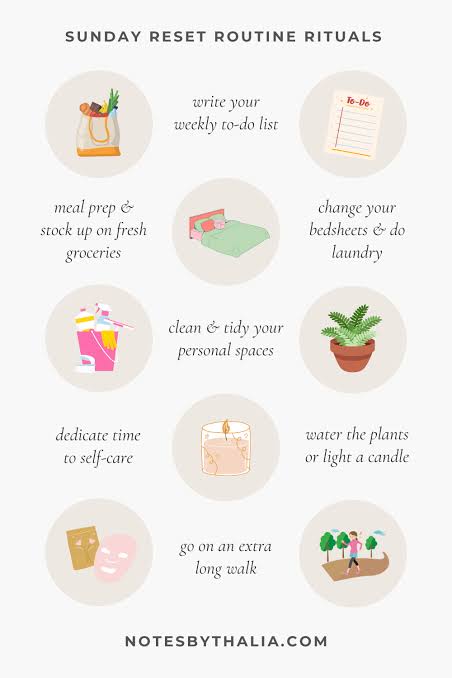
- The Sunday Reset (30 minutes only)
Caregiver and client together:
• Refill the weekly pill organizer (non-medical, just reminders)
• Toss expired fridge items
• Match Tupperware lids to bowls
• Choose five outfits on one hanger labeled M T W R F
Monday morning feels like a hotel stay—everything ready.
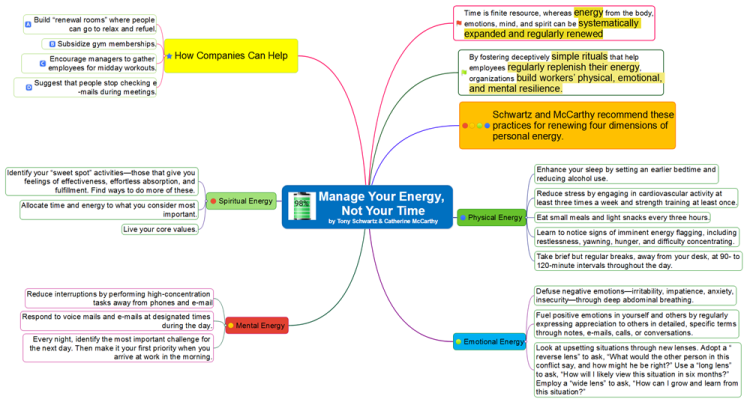
- Energy Map, Not Time Map
Forget rigid clocks when fatigue varies. We track energy for one week:
• High = blue dot
• Medium = yellow dot
• Low = red dot
Then we anchor demanding tasks (bills, shower, grocery aisle) on blue-dot slots. Gentle Horizons caregivers share this map with families so doctor appointments can be booked when clients are naturally strongest.
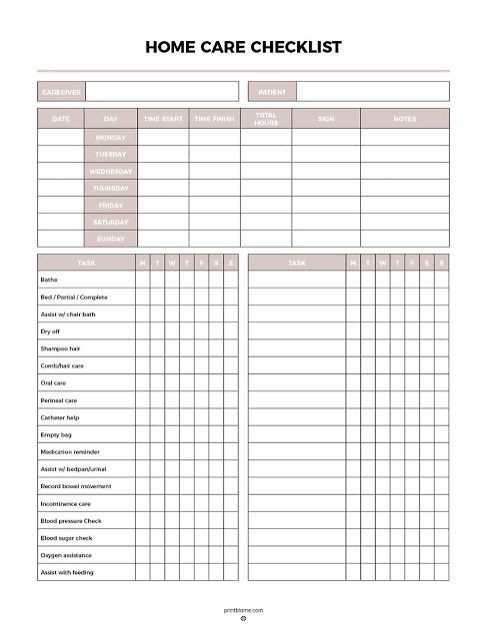
Quick-Start Checklist for Family Caregivers
Print this and tape it inside the cupboard:
☐ Buy 3-color clock or add colored stickers to existing clock
☐ Mount corkboard at 48″ height
☐ Place shoebox lid “launch pad” tonight
☐ Schedule one 15-minute buffer into tomorrow’s plan
☐ Text Gentle Horizons if you’d like a caregiver to run the Sunday Reset with you—no long-term contract required.
Time management isn’t about squeezing more minutes into the day; it’s about making the day feel spacious and safe for the person living it. Whether we’re folding towels faster so Dad can linger over his crossword, or labeling drawers with pictures so an adult with autism finds socks without frustration, organization is simply love made visible—one labeled basket, one buffered minute, one calm heartbeat at a time.
Need an extra pair of hands to set up these systems?
Call Patient Care Of Houston at 713-393-7738 or visit @patientcareofhouston. We’ll bring the labels, the laughter, and the stopwatch—so you can keep the family moments that matter.
